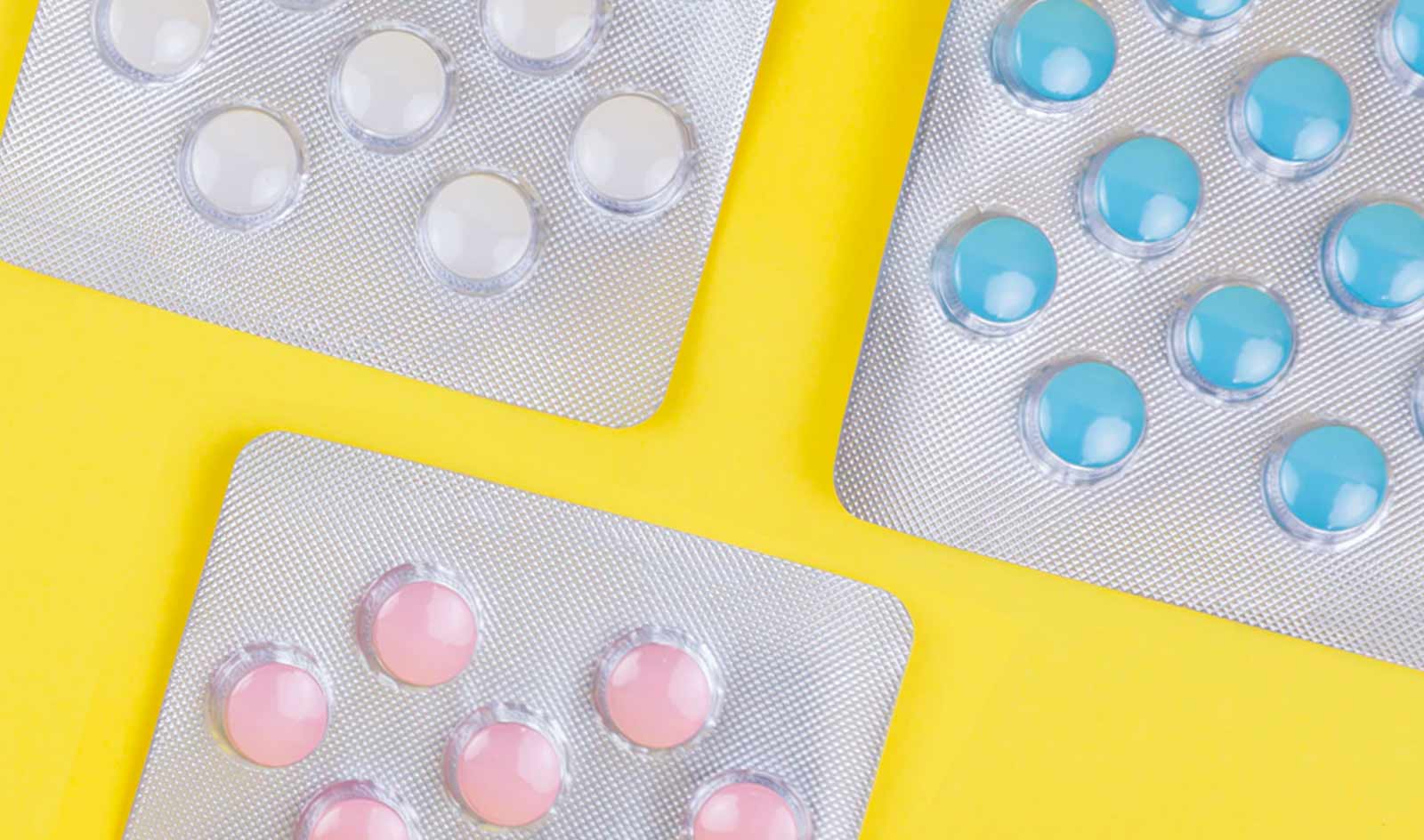What HRT Can and Can’t Do

Hormone Replacement Therapy (HRT) is an incredible tool for many transgender people.
When you’re first starting to look into what it all entails, trying to figure out what to expect can be intimidating, and there’s some mixed information out there about what HRT can and can’t do for you. It’s important to have as much accurate information as possible so that you can set reasonable expectations. It’s also important to keep in mind that everyone’s experiences are their own, and just because HRT can lead to certain effects doesn’t necessarily mean that change will happen to a significant degree for everyone. Many of the changes you’ll experience from HRT will strongly depend on your genetics.
That said, there a few different types of universal changes HRT can cause: physical, emotional, and sexual/reproductive health changes.
1. Physical Changes
Both testosterone and estrogen HRT can cause a wide variety of changes, and there are some similarities between them. Oftentimes, they have directly opposing effects.
What Testosterone Can Do:
People taking testosterone often note that:
- their voice becomes lower
- their skin becomes thicker, rougher, and more oily, and may develop acne
- their body hair grows thicker and darker, and they start to grow facial hair
- their breasts reduce in size slightly
- they develop male-pattern baldness (this depends heavily on genetics)
- their muscle mass increases (this is somewhat dependent on exercise habits)
- their body fat redistributes to the abdomen
What Testosterone Can’t Do:
There are a few things testosterone isn’t able to do. Testosterone can’t:
- make you grow taller if you’re already done growing
- change the shape of your bone structure
- change your speech pattern
What Estrogen Can Do:
People taking estrogen often note that:
- their skin becomes drier and slightly thinner
- their body hair grows more slowly and is thinner when it does come in
- they develop breasts testosterone may cause breast size to reduce slightly
- any baldness they’ve experienced no longer progresses
- they lose muscle mass
- their body fat redistributes to the thighs
What Estrogen Can’t Do
There are a few things estrogen isn’t able to do. Estrogen can’t:
- increase the pitch of your voice
- change your speech pattern
- reverse baldness
- make face or body hair stop growing
- change the shape of your bone structure
It’s worth noting that unfortunately, you can’t pick and choose which changes you want, or to what degree they will occur. There’s no way to predict exactly when changes will occur, either: for example, some people taking testosterone may grow lots of facial hair very quickly, while other folks may not see a beard hair for quite some time.
2. Emotional Changes
Going on HRT is essentially like a second puberty, and like first puberty, it can be a fairly emotional experience. Not everyone experiences significant emotional changes, but those who do often report:
- an increased or decreased ability to cry
- an increase or decrease in irritability
- feeling more confident and happy as you become more comfortable in your body
Remember, though, that while HRT can cause notable emotional changes, there are certain things it can’t do.
- It can’t turn you into someone you’re not or change your personality.
- It won’t guarantee you’ll never experience gender dysphoria again.
[CONTENT WARNING: The following section uses anatomical terms to refer to genitalia.]
3. Sexual & Reproductive Health Changes
HRT can have significant effects on your sexual and reproductive health.
Testosterone can have a number of effects. Especially in the early months, you can expect:
- a significant increase in libido
- the clitoris to grow
- vaginal dryness and atrophy
- menstruation to stop (there is a chance menstruation will not stop, at which point other methods can be explored with a healthcare provider)
Testosterone is not birth control, but you are much less likely to get pregnant while taking it. Should you stop taking testosterone, your menstrual cycle will eventually return and the likelihood of pregnancy will return to normal.
Estrogen also has its share of commonly experienced effects. You can expect:
- erections to be less frequent, firm, and long-lasting, meaning penetration may no longer be possible
- the testicles to shrink
- that after a few months of taking estrogen, you will become sterile (while there are some reports of sperm count returning after stopping estrogen, there currently isn’t much research into how likely this is)
[END CONTENT WARNING]
Perhaps the most important thing to remember is that while HRT can be and often is a life-saving, life-changing tool that improves the quality of life of many trans people, it can’t make life perfect. It doesn’t guarantee that you’ll never experience gender dysphoria or body image issues again. Many trans people continue to experience some degree of gender dysphoria even after being on HRT for years, and that’s okay. It doesn’t necessarily mean that HRT isn’t worthwhile, it just means that as with most things in life, HRT requires balanced expectations. It’s just another rich part of our unique human experiences as trans people, and a reminder that self-care on tough days is so important.
If you have specific questions about HRT, types of medications, delivery methods, or other concerns, be sure to speak with a gender-affirming physician, if possible. A trans-competent doctor will be the best source of information for your unique health needs. (If you’re looking for telehealth specialists, we recommend you learn more about our partner Plume.)
And if you are in need of access to HRT you can’t afford or safely obtain, Point of Pride offers the HRT Access Fund, a scholarship-like program that provides 12 months of free medical care.

Written by Point of Pride
Point of Pride provides financial aid and direct support to trans folks in need of health and wellness care.


